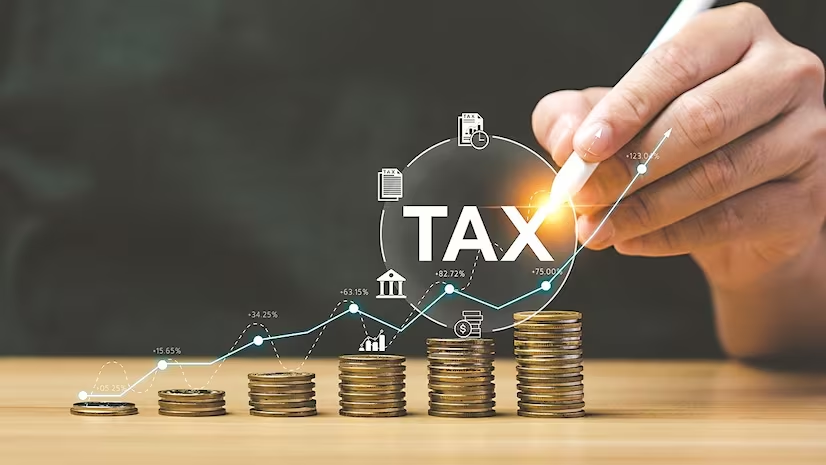PTBP Web Desk
The Senate Standing Committee on Finance and Revenue is scheduled to convene today (Tuesday, December 24, 2024) to deliberate on the government’s proposed Tax Laws (Amendment) Bill, 2024, aimed at tightening enforcement measures against non-filers. The meeting, chaired by Senator Saleem Mandviwalla, underscores the government’s efforts to strengthen compliance with Pakistan’s tax laws and improve revenue collection.
According to a notification issued by the Senate Secretariat, the agenda of the meeting includes reviewing the Tax Laws (Amendment) Bill, 2024, introduced during the Senate session on December 19, 2024. The bill was presented by Senator Azam Nazeer Tarar, the Minister for Law and Justice, on behalf of Senator Muhammad Aurangzeb, the Minister for Finance and Revenue.
The proposed legislation seeks to enhance tax compliance by ensuring that taxes are paid in proportion to income and consumption levels. It also aims to complete the business value chain and generate essential financial resources for the country’s economic development. The bill reflects the federal government’s resolve to curb tax evasion and strengthen the enforcement of existing laws.
The Tax Laws (Amendment) Bill, 2024 outlines several significant measures to deter non-compliance. These include:
- Prohibition on Bank Account Operations: Non-filers would be prohibited from opening or operating bank accounts, a critical step to restrict their financial activities.
- Restrictions on Property Transfers: The bill proposes barring non-filers from transferring immovable property, a measure aimed at bringing real estate transactions under the tax net.
- Limits on Vehicle Purchases: Non-filers would be restricted from purchasing vehicles with engine capacities exceeding 800cc. However, they may still purchase motorcycles, rickshaws, and tractors.
- Authority to Freeze Accounts and Seize Properties: Tax authorities would be empowered to freeze the bank accounts of non-filers and seize their properties as a punitive measure.
These provisions align with the government’s objective of promoting tax fairness and ensuring that individuals and businesses contribute equitably to the national revenue.
The bill’s focus on targeting non-filers is part of a broader strategy to expand the tax base and reduce the fiscal deficit. By enforcing stricter measures against tax evasion, the government aims to generate additional revenue for key sectors, including infrastructure development, health, and education.
In addition to boosting economic resources, these reforms are expected to level the playing field for tax-compliant individuals and businesses, fostering a culture of accountability and transparency.
While the proposed measures are commendable, they may face resistance from various quarters. Critics argue that such stringent restrictions on non-filers could lead to unintended consequences, including discouraging investment in the real estate and automotive sectors.
Moreover, the implementation of these provisions requires robust administrative mechanisms and transparency to avoid misuse of authority. The government must ensure that enforcement agencies operate fairly and within the bounds of the law.
This development is part of a series of tax reforms introduced by the federal government to address chronic revenue shortfalls. Over the years, Pakistan has struggled to increase its tax-to-GDP ratio, with a significant portion of the economy remaining undocumented.
The Tax Laws (Amendment) Bill, 2024 represents a decisive step toward addressing these challenges. However, its success hinges on effective implementation and the cooperation of all stakeholders, including businesses, financial institutions, and citizens.
The Senate Standing Committee on Finance and Revenue plays a crucial role in scrutinizing such legislation to ensure that it aligns with national priorities and addresses stakeholder concerns. The committee’s recommendations could lead to amendments in the bill before its final approval by the Senate.




